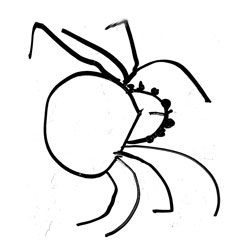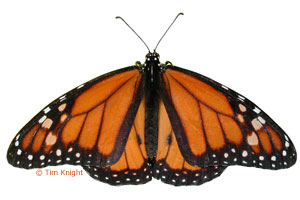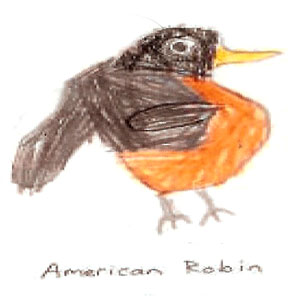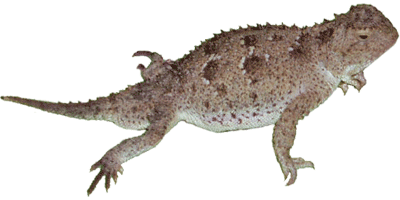Project Design 2007-2012
Step-by-step Instructions to Begin Field Investigation Projects
Literate About Biodiversity of the Waterville Plateau
An example that work anywhere
This is a 5-year project at the Waterville School District that integrates K-8 reading, writing, speaking, math, and technology
through field investigation around their town & neighboring habitats.
- Each grade has a scientific question.
- Each grade is integrating reading, writing, and speaking with science content.
- Data collection and analyses using simple graphs begins in Kindergarten.
- The use of compasses and GPS units begins in 3rd grade.
- Geographic Information Systems (GIS) work begins in 4th grade.
- All students conduct field investigation, from their homes, school, and field sites in order to inventory and map biodiversity
of the Waterville Plateau.
Where is the Waterville Plateau?
See PowerPoint Presentation on the Literate About Biodiversity Blog

Grade - Project
K - Spiders
Scientific Question: What is a spider and what does it eat?

1 - Butterfly
Scientific Question: What are the native butterflies and moths of Waterville?

2 - Birds
Scientific Question: What is the bird diversity of Waterville?
3 - Insects
Scientific Questions:
What are the insects found at Douglas Creek?
How are they different from the insects around Waterville?
 4 - Reptiles & Short-horned Lizard
4 - Reptiles & Short-horned Lizard
Scientific Questions:
What are the the reptiles of the Waterville Plateau?
Does the Short-horned lizard live in farm fields?
5 - Wildflowers / Weeds
Scientific Question: What wildflowers and weeds exist in Waterville?

6 - Geology (2007)
Scientific Question: What is the geology and geography that makes Waterville unique?
6 - Fossorial Mammals (2008+)
Scientific Question: How does the geology affect fossorial mammals?
7/8 - Biodiversity of Pine Canyon
High School Spanish
High School Tree Project



